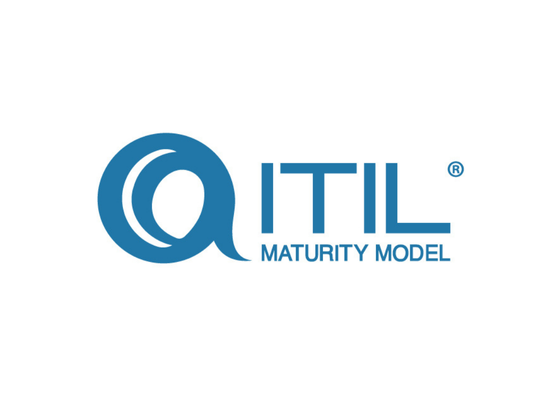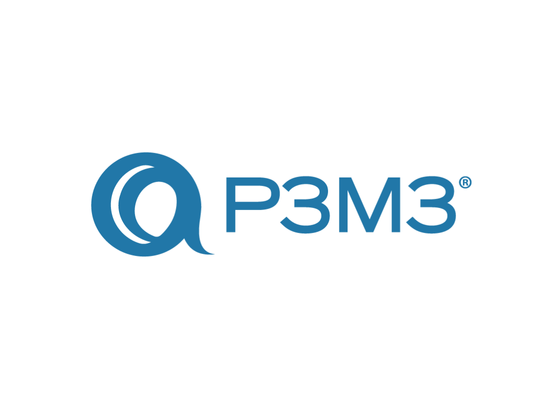Why do CIOs need Business Relationship Managers (BRMs) when they have specialised product teams interfacing directly with stakeholders? This is a common question, particularly in an era where product-centric approaches dominate project management paradigms. However, the reality is that BRMs play a critical role that complements the efforts of product teams, offering unique value that stems from their T-shaped skill set and broader organisational perspective.
At first glance, it might seem redundant to have BRMs alongside product teams. After all, product teams are designed to be self-sufficient units, equipped with diverse expertise spanning design, development, and deployment. These teams often establish direct lines of communication with business stakeholders to ensure alignment with organisational goals. However, their focus is primarily on the product lifecycle—from ideation to delivery—leaving a gap in strategic alignment and holistic relationship management.
This is where BRMs step in. As Tim Brown, CEO of IDEO, famously conceptualised, the T-shaped skill set combines depth of expertise in one area with a breadth of knowledge across multiple disciplines. BRMs epitomise this concept. Their vertical expertise enables them to understand and advocate for the technical intricacies of products, while their horizontal breadth equips them with the ability to navigate complex organisational landscapes and foster meaningful relationships across departments.
Moreover, BRMs possess a unique vantage point within the organisation that positions them to see patterns and connect disparate dots, enabling enterprise synergies. Situated at the intersection of technology, business, and people, BRMs have visibility into various departments, projects, and initiatives. This panoramic view allows them to identify synergies and opportunities for innovation and collaboration that might go unnoticed within individual product teams. By recognising commonalities and shared objectives across different areas of the organisation, BRMs can facilitate the exchange of knowledge, resources, and best practices, fostering a culture of collaboration and driving efficiency. In essence, BRMs serve as orchestrators of synergy, leveraging their holistic perspective to create value that transcends the boundaries of individual projects or departments.
One of the key advantages of having BRMs is their ability to bridge the gap between technology and business objectives. While product teams excel in executing specific projects and delivering tangible outcomes, BRMs operate at a higher strategic level. They align technological initiatives with overarching business strategies, ensuring that every IT investment contributes directly to the organisation's bottom line. In essence, BRMs serve as translators, converting technical jargon into business value propositions that resonate with stakeholders.
Furthermore, BRMs serve as custodians of organisational relationships. Unlike product teams, whose interactions are often transactional and project-centric, BRMs focus on nurturing long-term partnerships. They invest time in understanding stakeholders' pain points, aspirations, and strategic priorities, thereby fostering trust and collaboration. By cultivating these relationships, BRMs become invaluable conduits of feedback, channelling stakeholders' insights back to product teams for continuous improvement.
BRMs play a pivotal role in shaping the culture of their organisation. Through their interactions with stakeholders and cross-functional teams, BRMs champion diversity and inclusion initiatives, ensuring that diverse perspectives are valued and integrated into decision-making processes. They actively promote an inclusive environment where all voices are heard and respected, fostering a sense of belonging among team members. BRMs have a knack for shining the spotlight on others, recognising, and celebrating the achievements of individuals and teams. This not only boosts morale but also cultivates a culture of appreciation and recognition.
ITSM Hub’s offers globally recognised Business Relationship Management certification courses that are based on best practice. Visit our Business Relationship Management page for course details and enrol in an upcoming session today!























